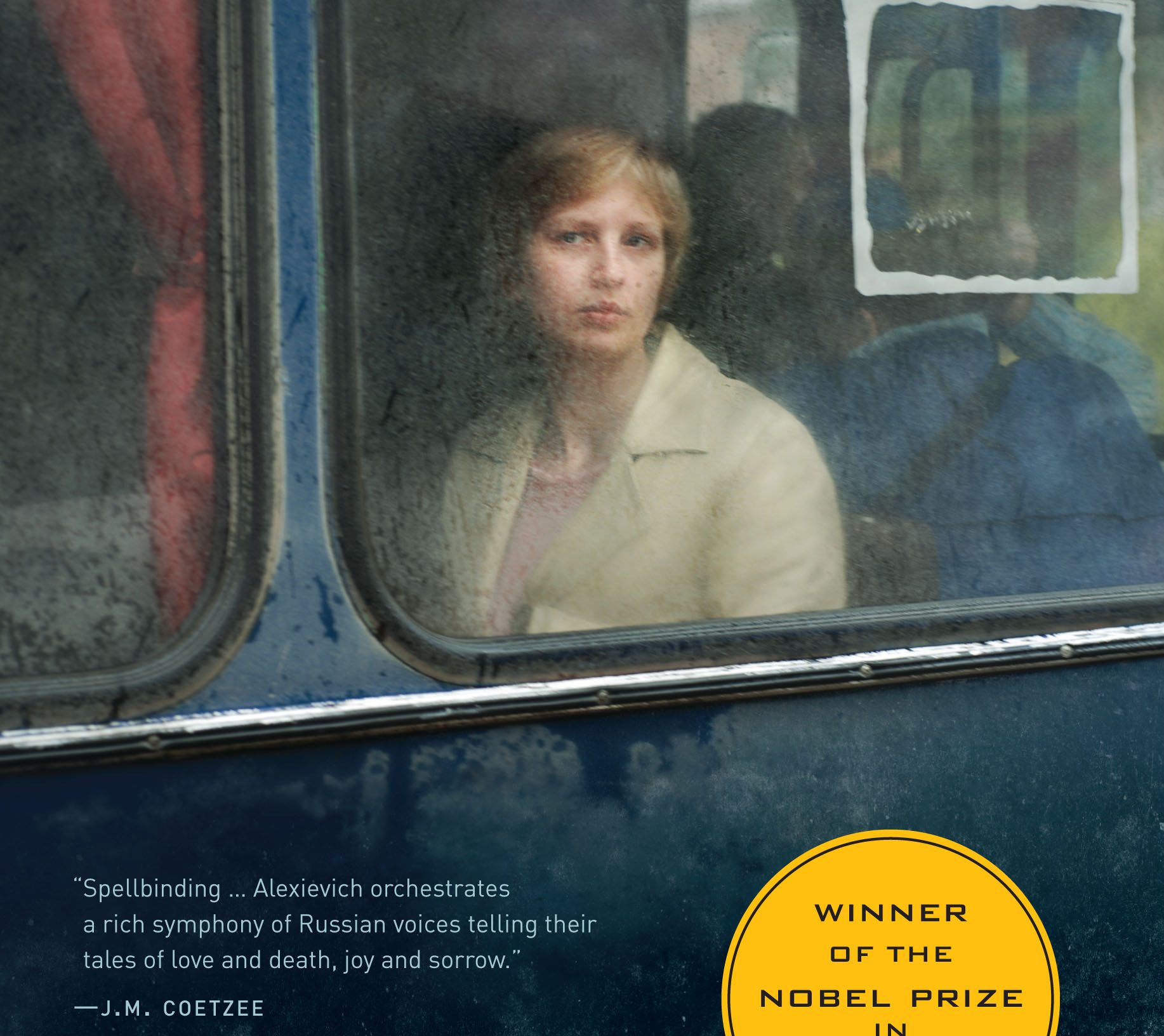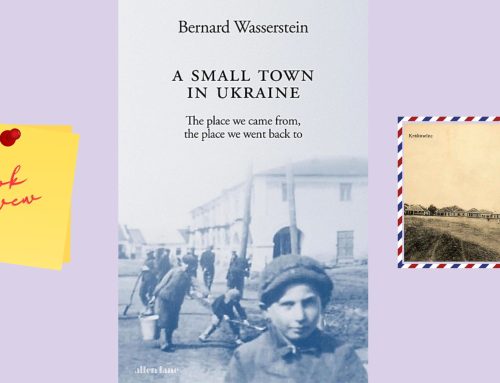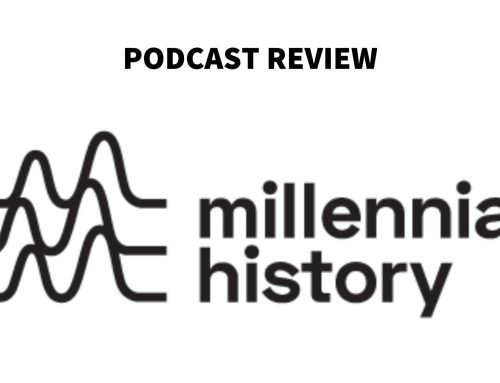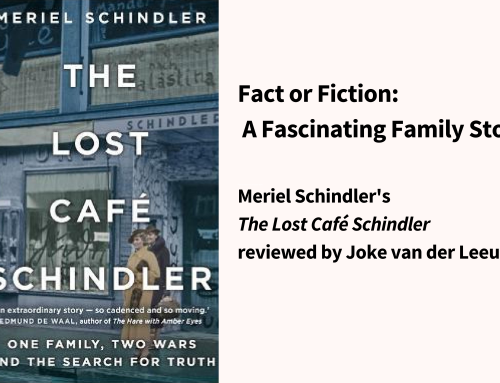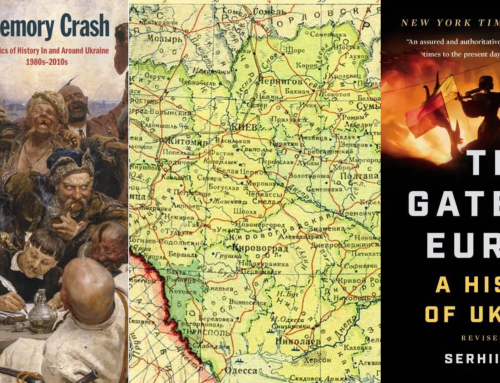This book review was written by Joke van der Leeuw-Roord, EuroClio Founder and Special Advisor.
I worked for more than 10 years in ex-Soviet States and had therefore the opportunity to experience the optimism of many ex-citizens, believing in better times. However I also observed from my Hotel room in Hotel MIR, opposite the White House in Moscow, the daily demonstrations of the Communists. With all sorts of Red paraphernalia they protested loudly against the new political realities. And despite all discussions, Lenin was still at the Red Square and there were many red flowers laid in front of the Square’s Wall. It was clear to me that the fall of the Soviet Union was assessed very differently by its former citizens. Belarusian Nobel Prize Winner Svetlana Alexievich’s Secondhand Time, The Last of the Soviets is a magnificent mirror of the wide specter of stories and emotions related to the Soviet Union, its ending and the emergence of a new Russia. In interviews spanning 1991 to 2012 people were asked to share their memories about recent events or their memories of the Soviet Past. The stories show immense confusion, shock about lost values, anger about own ignorance and the lies told by the Soviet authorities and many more. With this approach Svetlana Alexievich is giving us a panoramic portrait of ordinary people in Russia and Belarus with their black memories of violence, famine, oppression but also believes in a better world, although positive expectations diminish gradually in the course of the book. The mess of the sudden collapse of the country and the chaotic and uncontrolled developments afterwards have influenced all interviewees’ lives and left them with little expectations for a better future.
Why should you not read this book?
Second-hand Time, The Last of the Soviets is a book that really hurts, it shows unmercifully the negative sides of humankind, how cruel, unhand, unreliable and evil it can be. There is very little to laugh about, it is a black book. I was reading it while I was ill and I literally wept loudly several times. The book offers no consolation and shows how hard the live was and is for many of the interviewees.
Why should you read this book?
This is a must read book, as it offers an unbelievable deep insight in contemporary Russian society, far from the mainly political, and often rather mono-perspective, news we receive almost daily through the media. Here we meet people of flesh and blood who have to cope with so many, often negative memories and big and generally difficult changes in their lives. They lost their certainties and believes, from whatever background they came, and rarely found positive alternatives. It is not possible to come more near to what people in Russia and Belarus have experienced and thought over the last twenty years, than through reading this book. It is a monument for everyday life history.
How can history, citizenship and heritage education benefit?
Second-hand Time, the Last of the Soviets is composed of longer and shorter ego documents and is therefore a multi-perspective evidence treasure of personal reflections on a multitude of issues such as the World War II, the political oppression, the financial problems of ex-Soviet citizens and the violence after the collapse of the Soviet Union. These different experiences and perspectives can also very well be used as basis for citizenship discussions about the benefits and drawbacks of political and economic systems.
Have you read a book that you feel other history professionals should know about? Leave us a message and your book review might be next!
[su_table]
| Author | Svetlana Alexievich |
| Publisher | Penguin Random House (2013) |
| Original language | Russian |
| Language read | Dutch |
| No. of pages | Approx. 500 |
| Genre | Literature (non-fiction) |
[/su_table]

